
15 Norse Mythology Gods and Goddesses List With Names & Info
The Moirai are described by Hesiod as giving 'both good and evil' ( Theogony, 219), and are therefore not purely bringers of fortune. The Norns, on the other hand, bring either good or bad depending on their descent. It is detailed in the Prose Edda that 'Good norns and of good descent shape good lives, and when some men are weighed down.

similarities AND differences between GREEK and NORSE mythology YouTube
Conclusion. In conclusion, Norse and Greek mythology share many similarities and differences in their origins, deities, heroes, and afterlife beliefs. Both cultures have fascinating creation stories that explain the origins of the world. The Norse and Greek pantheons are filled with powerful and influential gods and goddesses.
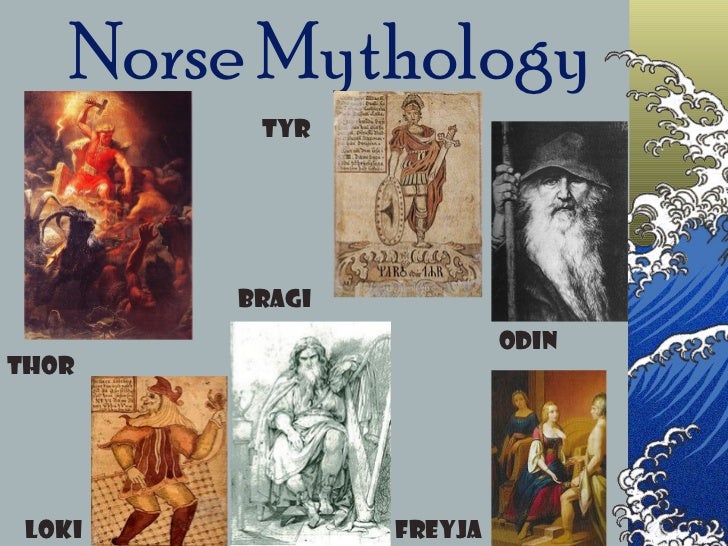
Greek mythology
Mythology held a prominent place in the lives of both the Greeks and the Norse. For the Greeks, these stories were a way to comprehend the complexities of life, morality, and the interplay between gods and mortals. They believed that their gods, like Zeus and Athena, directly influenced their daily lives, granting both blessings and curses.

20 Norse Gods and Goddesses and Why They’re Important (A List)
1. Immortality. Greek gods are immortal, whereas Norse gods are mortal. The Norse gods have supernatural abilities. However, in the end, they have to face their own mortality. This practice reflects the troubles and difficulties the ancient and modern people of Scandinavia faced, especially during the Viking age.

Norse Gods Family Trees Combined Norse mythology, Norse, Mythology
Odin is a Norse mythological figure, while Zeus is a Greek mythological figure. Zeus is regarded as the supreme ruler of all Greek deities, but Odin is a central figure in Norse mythology. The key natural world command abilities of Zeus are lightning and thunder, whereas the powers of Odin are magic and knowledge.

Norse gods characters set Royalty Free Vector Image
Comparative mythology is the comparison of myths from different cultures in an attempt to identify shared themes and characteristics. Comparative mythology has served a variety of academic purposes. For example, scholars have used the relationships between different myths to trace the development of religions and cultures, to propose common origins for myths from different cultures, and to.
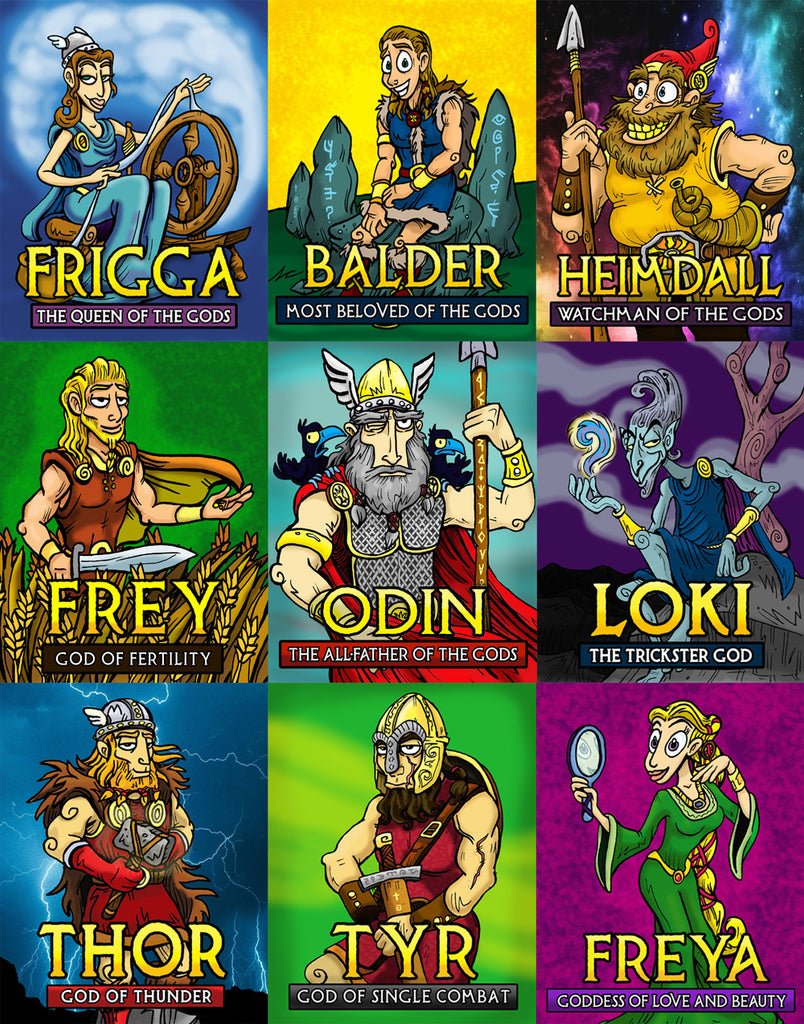
Gli dei norreni dei vichinghi
The Greek pantheon came into power after the first six Olympian gods - Hestia, Hades, Demeter, Poseidon, Hera, and Zeus - overthrew their father, the Titan Chronos, and the other Titans ruling on Mount Olympus. Zeus and his siblings banished the Titans to Tarturus and divided up the realms of Earth. Zeus took the sky and land, Poseidon took.
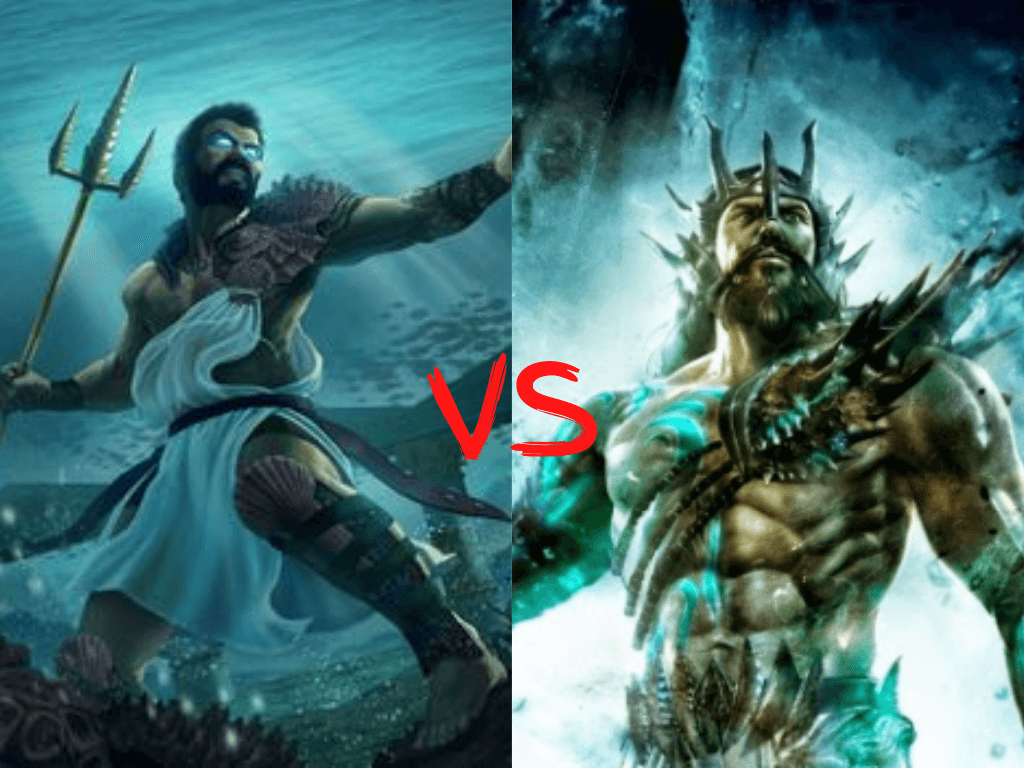
Who will win in Greek Gods vs Norse Gods Fight? (IMP Comparison) VidzHome
Greek mythology is much older than Norse mythology. While it's true that people may have worshipped the Norse gods earlier than what is recorded in the oldest surviving Norse literature, the worship of Odin, Thor, and the other Aesir came long after the Greek gods were already popular. This article will discuss the timeline of both belief.

The Norse God Family Tree Veritable Hokum
The major difference between the Greek gods vs Norse gods is their lifespan; Greeks had immortality, but Scandinavian gods were mortal. According to Norse mythology, most of their gods perished at Ragnarok while the Greek deities ruled forever. Also, Greeks are more powerful than Scandinavian gods.

How Norse Gods Travelled Chariots of Norse Gods Thor norse, Norse, Mythology
For More Details On The Greek Gods And Goddesses - Check Our Comprehensive List. Norse Mythology And Its Family Tree Of Gods. Among all the above-mentioned mythologies, Norse mythology probably has the vaguest of origins, with its primary scope borrowed from a patchwork of oral traditions and local tales that were conceived in pre-Christian Scandinavia.
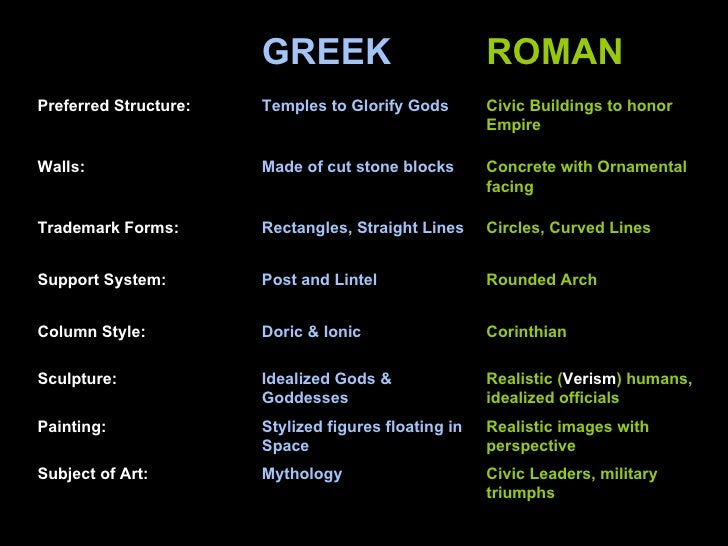
️ Greek and roman mythology comparison. Differences between Greek and Norse Mythology. 20190215
Norse Gods: A Clash of Clans. In Norse mythology, the gods were organized into two powerful clans - the Aesir and the Vanir.The Aesir, known as the main gods, resided in the majestic realm of Asgard.Led by Odin, they were associated with war, wisdom, and cosmic order.On the other hand, the Vanir, considered fertility gods, dwelled in Vanaheim, a realm abundant with natural beauty and fertility.
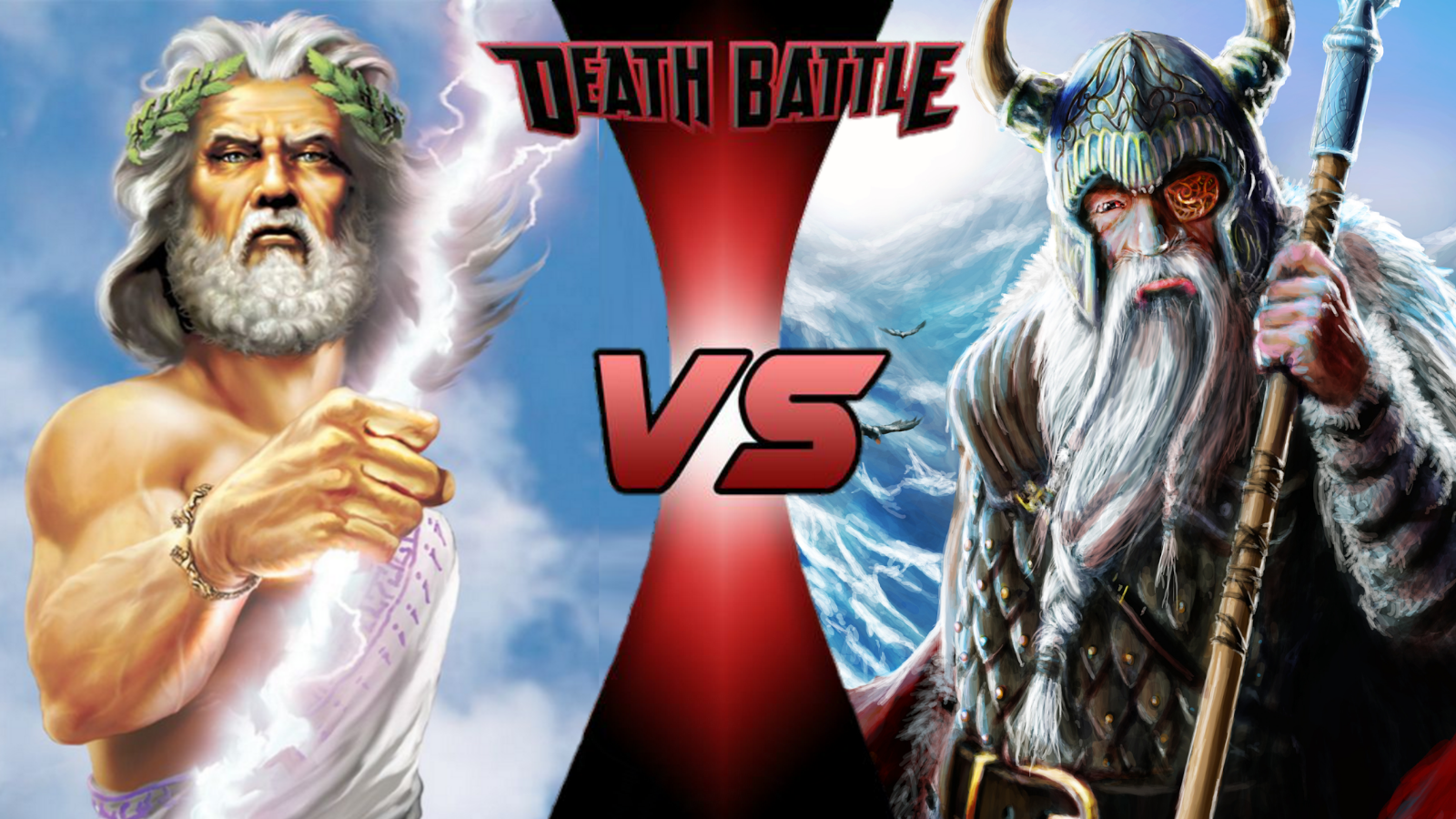
Greek Mythology PNG HD Transparent Greek Mythology HD.PNG Images. PlusPNG
Greek Gods vs. Norse Gods: Comparing the Powers and Limitations of Mythological Figures Introduction. Mythology is full of fascinating stories of gods and goddesses from various cultures. The Greek and Norse myths are two of the most well-known and popular. Although both are ancient religious beliefs, there are notable differences between the two.
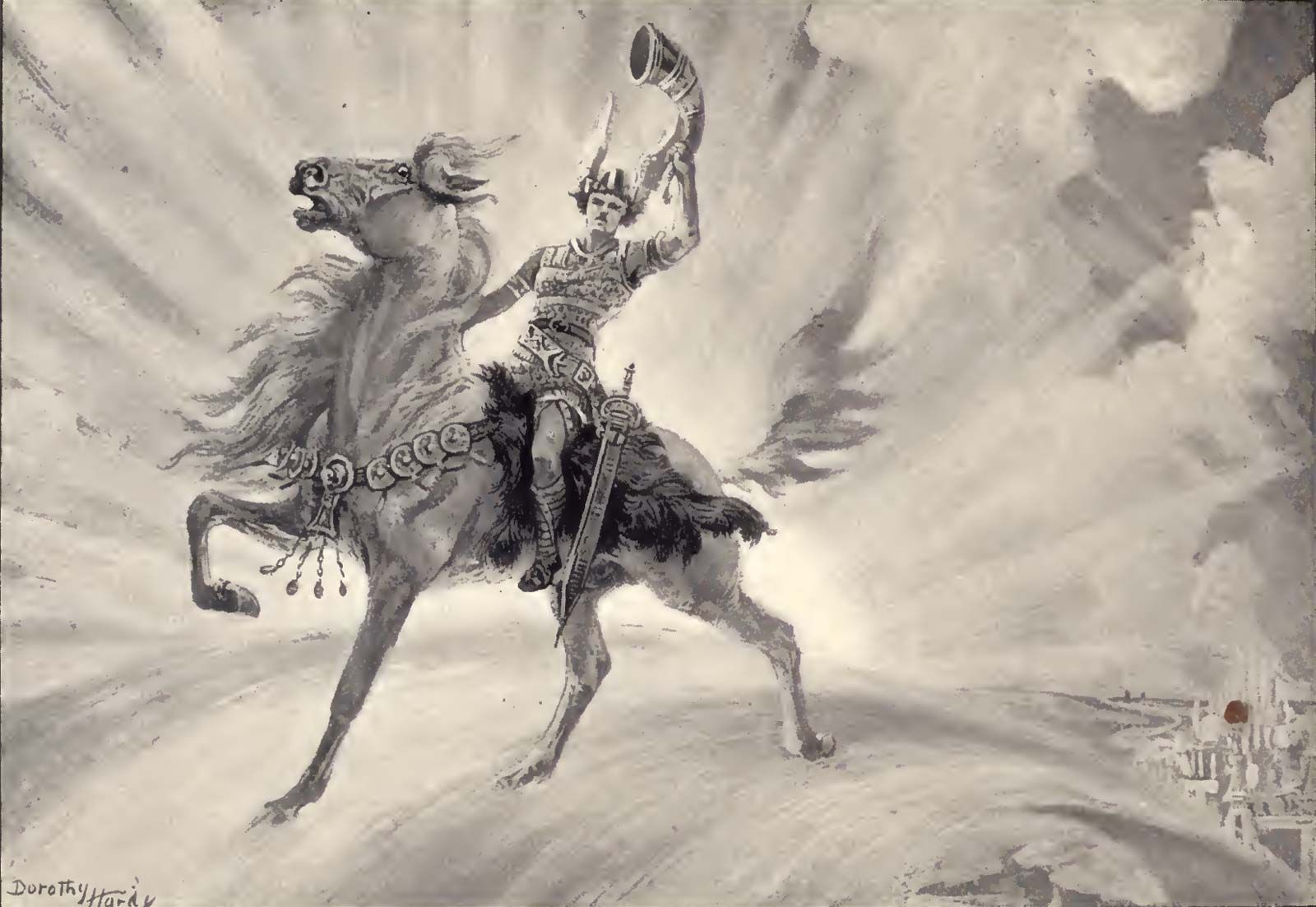
Greek Gods vs. Norse Gods Comparing the Powers and Limitations of Mythological Figures The
Greek Gods vs. Norse Gods: Exploring the Strengths and Weaknesses of Mythological Beings Greek Gods. In Greek mythology, the gods are divided into different categories based on their roles and responsibilities. The most powerful of all the Greek gods is Zeus, the god of thunder and lightning. Zeus is known for his strength and power, as well as.
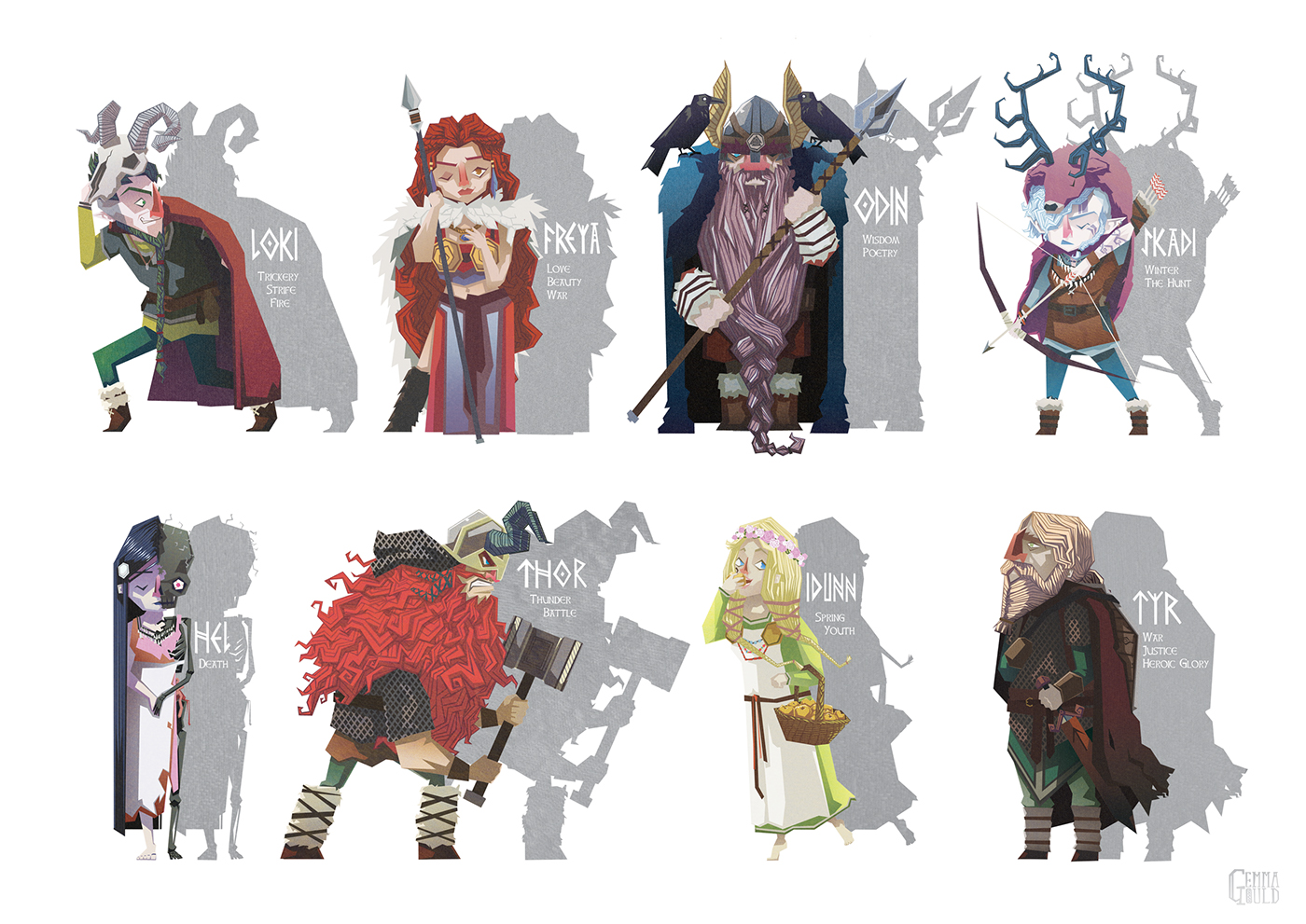
Norse Gods on Behance
Norse and Greek gods are similar in their diversity, with various facets of life falling under the auspices of individual gods. In one significant aspect, however, there is a big difference between them; whereas Greek gods are immortal, their Norse counterparts are fated to perish at Ragnarok.
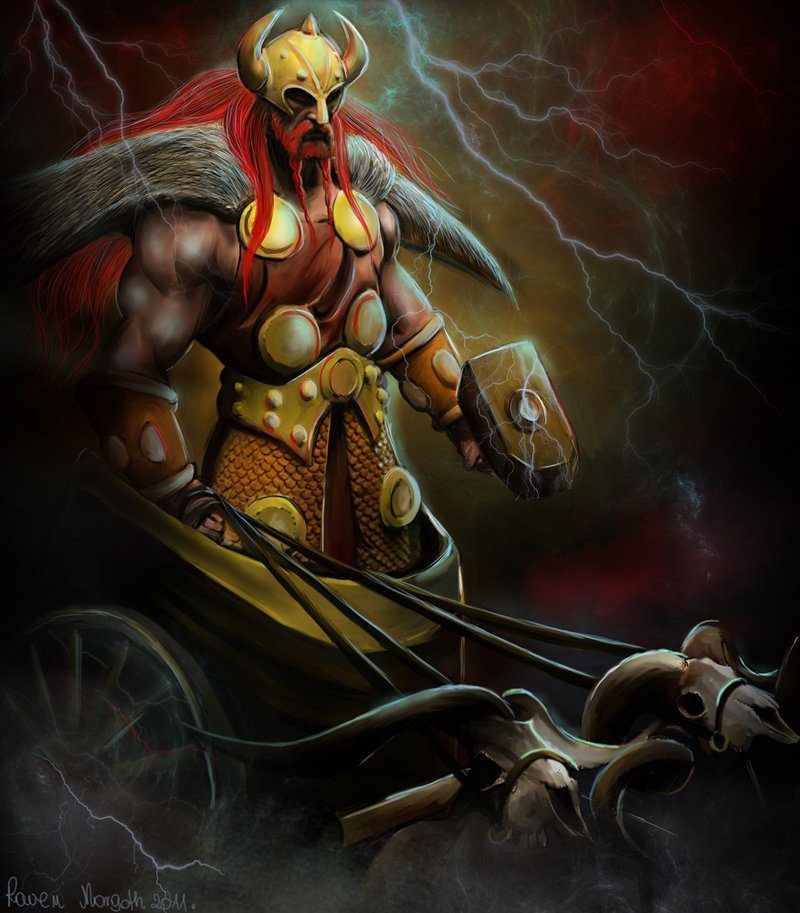
Greek Gods vs. Norse Gods A Battle of Strengths and Weaknesses in Mythical Beings The Versus Zone
Greek myths originate from ancient Greece and depict gods like Zeus, Poseidon, and Hades, governing domains such as the sky, sea, and underworld. These tales are marked by human-like gods experiencing love, jealousy, and anger, leading to dramatic conflicts and adventures. Norse mythology emerges from Scandinavia, featuring Odin, Thor, and Loki.
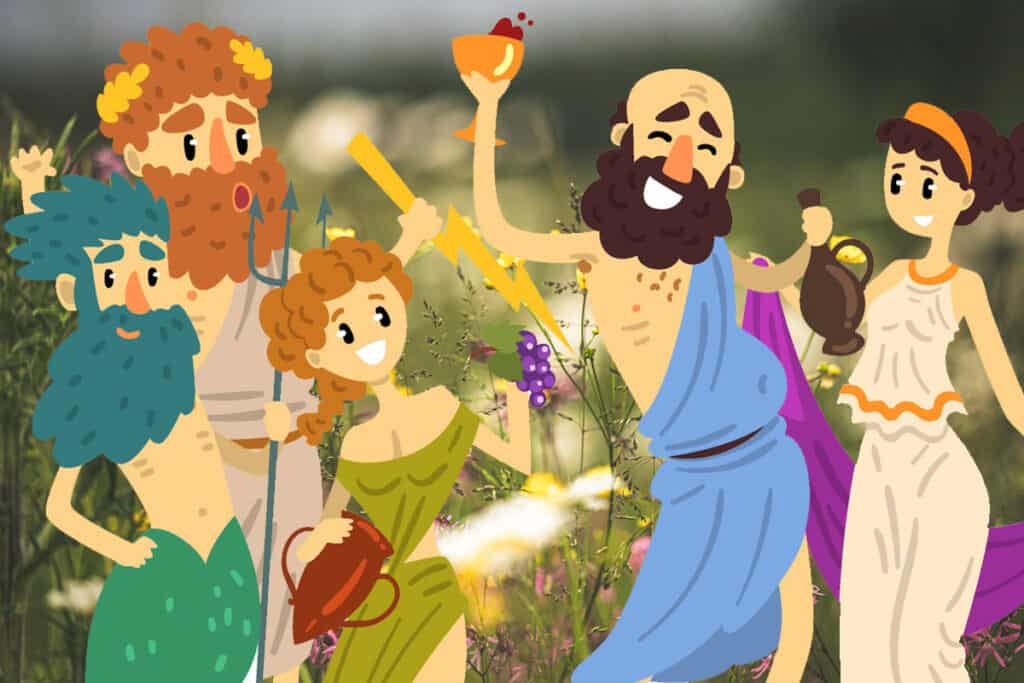
Greek Gods vs Norse Gods What is the Difference? Myth Nerd
Norse gods are just powerhouses that read a lot (except Thor). They don't have crazy looking powers like greek gods. Even Cory Balrog said it himself that the greek gods are stronger, yet the greek gods are more visually impressive. Baldur's "power" was having his defense stats maxed above 100%.
- Arifureta From Commonplace To World S Strongest Season 3 Trailer
- The Things We Left Behind Supernatural
- The Spanish Love Deception Similar Books
- Josh Giddey And Liv Cooke
- What Does Pve Stand For
- Tag Heuer Wrist Watch Price
- Adelaide Strikers Vs Melbourne Renegades Standings
- What Is A Therapy Dog
- Our Lady Of Victories Shortland Church
- What Does Kiara Name Mean
